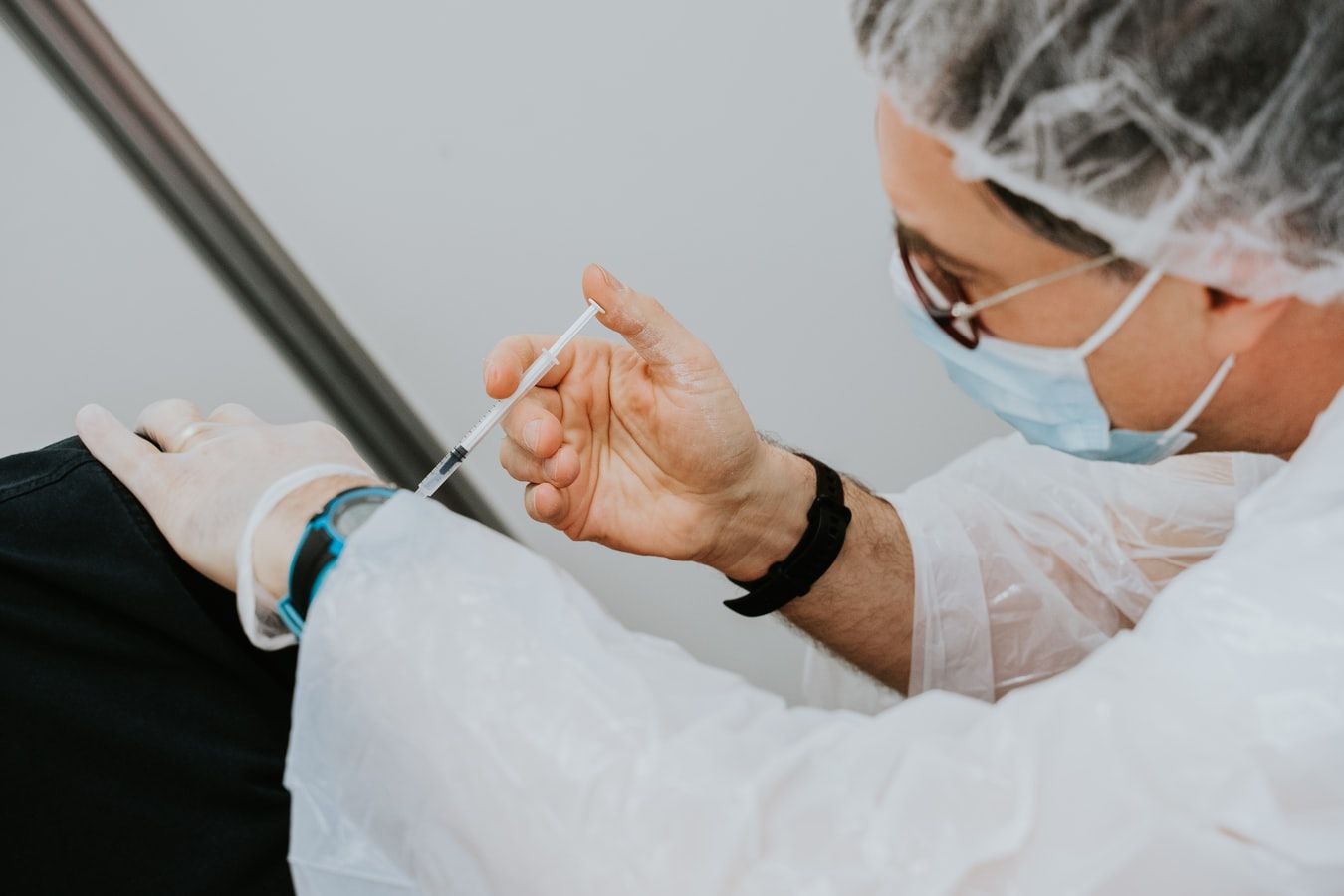Article
Study Depicts Different Humoral and Cellular Responses to the Pfizer-BioNTech Vaccine in Patients with Psoriasis
Author(s):
Research on the effect of methotrexate and other immunosuppressants in regard to the COVID-19 vaccine are encouraging yet unfinished.

Research from St. John’s Institute of Dermatology in London suggested discrepancies in the humoral and cellular responses in patients on therapeutic immunosuppressants after their first dose of Pfizer-BioNTech COVID-19 vaccine BNT162b2.
Prior to the study, little clinical data existed on the response to the Pfizer-BioNTech COVID-19 vaccine in patients with immune-mediated inflammatory diseases.
The investigators, led by Satveer K. Mahil, MD, studied patients who were receiving the immunosuppressive drug methotrexate for their dermatologist-confirmed diagnosis of psoriasis. Other commonly used targeted biological therapies were also studied.
A total of 84 patients were evaluated during the study, all of whom were required to have been on 1 of the following immunosuppressants: methotrexate; a TNF inhibitor (adalimumab, infliximab, etanercept, or certolizumab); an IL-17 inhibitor (ixekizumab or secukinumab); or an IL-23 inhibitor.
Volunteer patients who did not have psoriasis and were not taking immunosuppressants made up the control group.
All participants were monitored between January 14 to April 4, 2021.
During that time, researchers collected clinical and safety data and blood samples. The data was collected at 3 separate study visits: baseline, 28 days after the first dose and 14 days after the second dose.
The researchers detailed humoral and cellular immunity of all patients. Humoral immunity was defined as the presence of antibodies with a neutralizing capacity against the spike protein found in SARS-CoV-2.
Cellular immunity was defined as the presence of T cells secreting interferon-γ, IL-2, or IL-21 in response to stimulation with 2 peptide pools spanning the entire length of the SARS-CoV-2 spike glycoprotein.
Antibody seroconversion rates were recorded after the first dose of the Pfizer-BioNTech vaccine. Results for the second dose were expected to be reported outside of the current study.
The study showed that 63 (75%) patients receiving immunosuppression therapy reported mild adverse events within 28 days of their first dose of the vaccine. Comparatively, nearly all (94%) of participants within the control group experienced adverse reactions.
Systemic adverse events such as headaches and fatigue were reported in both the patient and control groups at roughly the same rate (43% and 41%, respectively).
A portion of patients (11%) had reported that their psoriasis worsened after the first vaccine. Of the total patients affected in this way, 4 were on IL-23 inhibitors, 2 on methotrexate, and 3 on TNF inhibitors.
Investigators also noted that seroconversion and neutralizing capacity rates again the wild-type SARS-CoV-2 strain were lower in patients receiving methotrexate than in any other groups within the study.
“Of those who mounted a serological response, patients with psoriasis receiving immunosuppressants had lower median spike-specific IgG titres 28 days after the first dose of (the vaccine) than controls,” the investigators wrote.
The team reported that 28 days after vaccination, patients receiving methotrexate had significantly lower median anti-spike IgG titres (31 [IQR, 25–48]; P = .015) than controls. Median spike-specific IgG titres were also numerically lower in patients receiving methotrexate than in those receiving targeted biological therapy (48 [IQR, 25–174]; P = .26), but not significantly.
However, all groups showed positive spike-specific T-cell responses in the 28 day follow-up.
Despite notable differences in humoral immunity in the psoriasis groups, particularly patients taking methotrexate, and the control group, researches noted that cellular immunity following the first dose was similar across the board.
No discernible differences were recorded between the patient and control groups regarding cellular immunity, which prompted researchers to call for further research into methotrexate and patients with psoriasis.
“Although our findings on vaccine immunogenicity in the context of targeted biologics are encouraging, the results from patients treated with methotrexate highlight a disparity between humoral and cellular immunogenicity,” Satveer and colleagues wrote. “The clinical significance of this finding warrants further research.”
That said, the current findings do contribute to recent research that has only assessed immunosuppressed patients’ serological response to COVID-19 vaccines.
The study, “The effect of methotrexate and targeted immunosuppression on humoral and cellular immune responses to the COVID-19 vaccine BNT162b2: a cohort study,” was published online in The Lancet Rheumatology.





